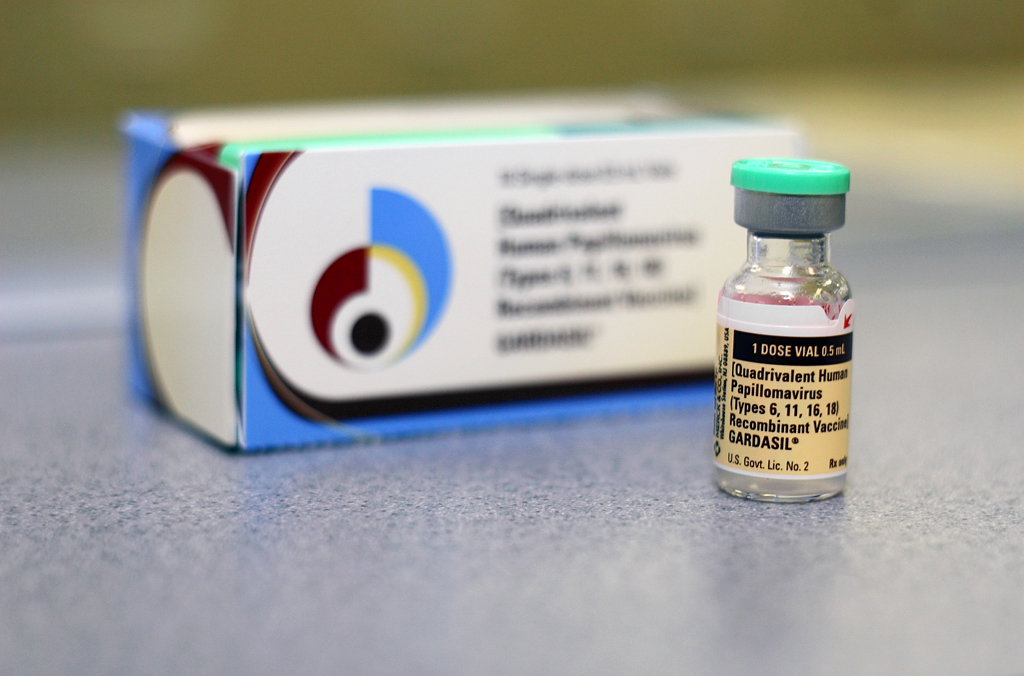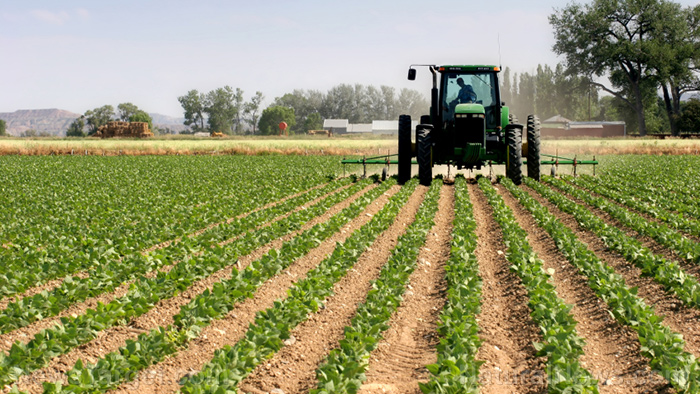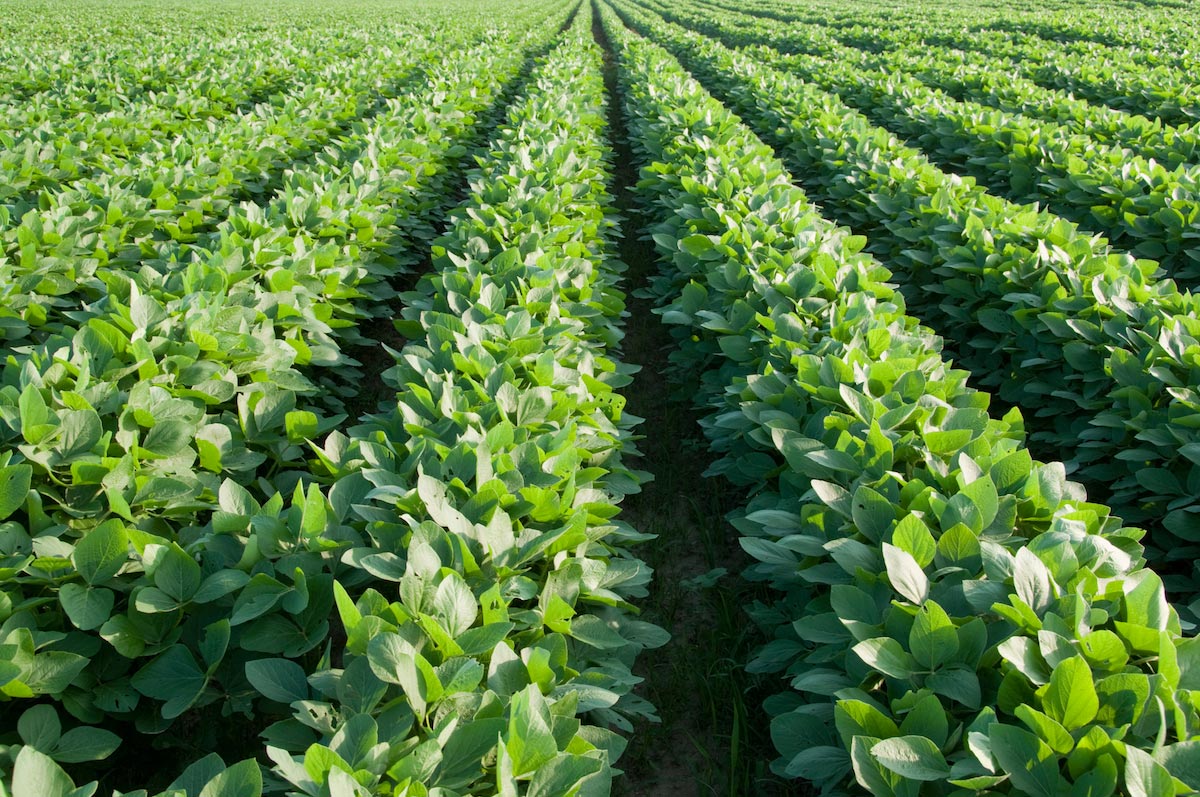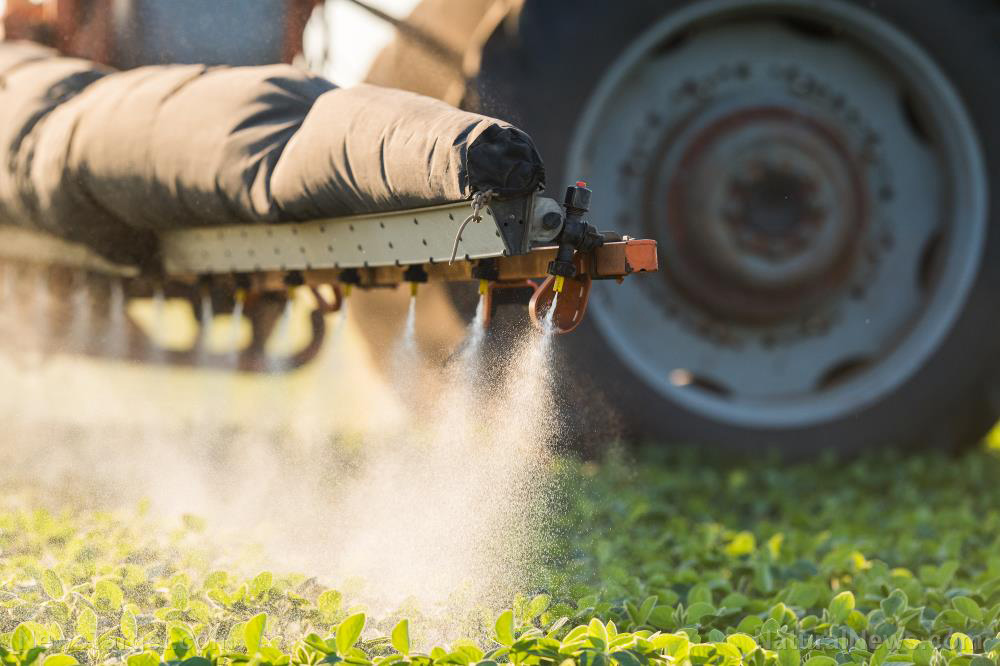Researchers take a closer look at the migration of heavy metals from soil to rice in China
09/22/2020 / By Evangelyn Rodriguez
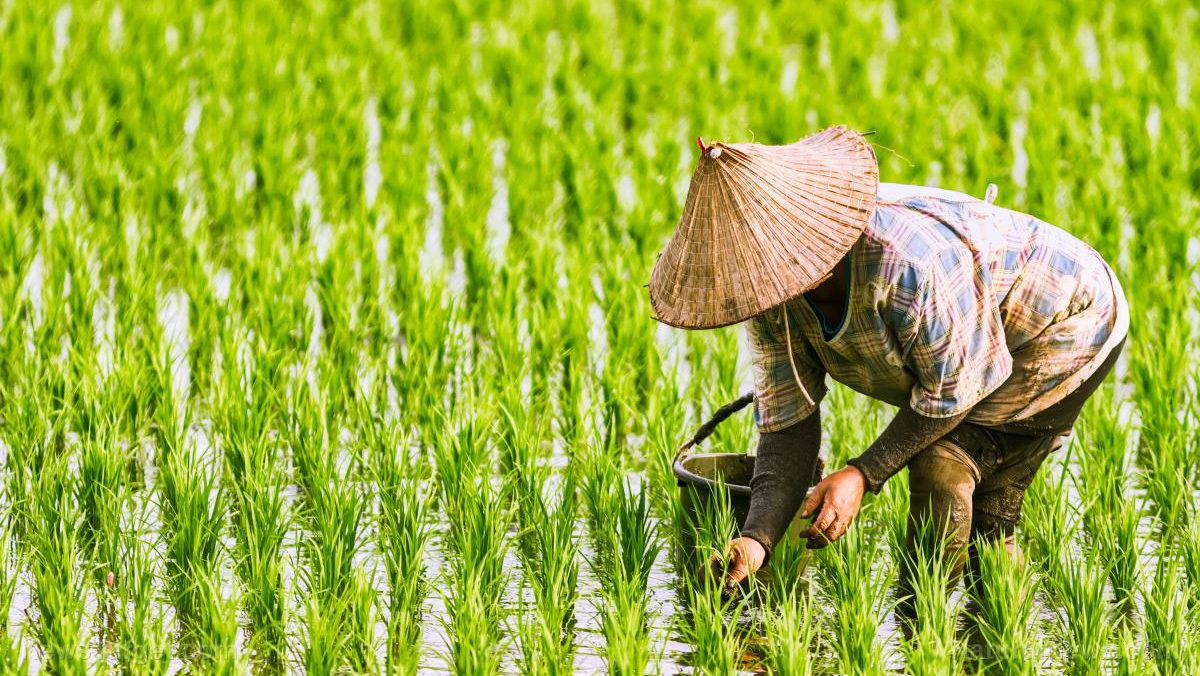
Soil and water contaminants like pesticides and heavy metals build up in living organisms. Known as bioaccumulation, this usually affects aquatic animals and plants used for food. The bioaccumulation of heavy metals in crops is a hot topic among scientists because of the threat they pose to human health. Besides having toxic effects, some metals are also linked to serious diseases, such as Alzheimer’s disease, diabetes and various types of cancer.
Heavy metals also cause environmental problems. Their presence in soil, for instance, prevents the biodegradation of organic contaminants, which are toxic to soil organisms, plants and animals. Heavy metal contamination also reduces soil usability and fertility, as well as the biodiversity of microorganisms. Scientists say that this can disturb the ecological balance.
Soil contamination with heavy metals is caused by a number of things. These include the rapid expansion of industrial areas, the use of chemical fertilizers, wastewater irrigation, an increase in petrochemical spillage, atmospheric deposition and the haphazard disposal of industrial wastes. The most commonly found toxic metals in crops are arsenic, cadmium, chromium, copper, lead, mercury, nickel and zinc.
In a recent study, Chinese researchers investigated the bioaccumulation and transfer of heavy metals from soil to plants. They also looked at the effects of soil properties on these events. The researchers reported their findings in an article published in the journal Acta Agriculturae Scandinavica, Section B – Soil & Plant Science.
Soil properties influence the bioaccumulation of heavy metals in plants
According to a previous study, certain plants, like leafy and non-leafy vegetables, are good accumulators of heavy metals. This poses a problem to humans not just because of the health risks involved in consuming these crops, but also because heavy metals reduce the nutritional value of these foods.
For their study, the researchers conducted their experiments on a regional scale. They collected a total of 30 sets of soil and matching rice tissue samples (root, straw and grain) from Xiangzhou, a county located in Guangxi, China.
The researchers analyzed the soil samples to determine their properties, and the different rice tissue samples to determine their cadmium, copper, lead and zinc content. They then assessed the mobility and bioaccumulation of these heavy metals by calculating transfer coefficients and bioaccumulation factors.
The researchers found that the levels of cadmium and lead in the soil samples were 50 percent and 3.33 percent higher than the maximum concentrations permitted in China. Cadmium and lead levels in rice grain also exceeded permitted levels by 30 percent and 6.67 percent, respectively.
In addition, the researchers found that cadmium and zinc had better mobility and bioaccumulation capabilities than copper and lead. Among the heavy metals analyzed, lead had the weakest mobility.
The researchers said that the bioaccumulation and mobility of heavy metals can be reduced by controlling soil pH, as well as the amount of calcium oxide, organic carbon, iron oxides and manganese in soil.
Avoiding high levels of heavy metals in produce
Plant-based foods like fruits, vegetables and whole grains are the main components of a healthy diet. However, not every food that is considered nutritious is clean. Some produce has been found to contain high levels of heavy metals, particularly cadmium. When consumed over a long period of time, cadmium can weaken bones and cause heart, kidney and liver damage. To avoid foods with high levels of this toxic metal, researchers recommend eating organically grown produce.
In a study published in the British Journal of Nutrition, a team of American and European researchers found that conventionally grown crops have significantly higher concentrations of cadmium and pesticide residues than organic crops. Meanwhile, the latter contains 60 percent more key antioxidants than their counterparts, suggesting that organic produce is cleaner and more nutritious than conventional crops. (Related: 11 Foods that are Worth Buying Organic.)
The researchers said that eating organically grown produce provides additional antioxidants equivalent to eating between one to two extra portions of fruits and vegetables a day. Many of the antioxidants they found in organic foods have been linked to a reduced risk of chronic diseases. The researchers attributed the higher antioxidant concentrations and lower cadmium levels in organic produce to specific agronomic practices — like the non-use of mineral fertilizers — in organic farming systems.
Sources include:
Tagged Under: agriculture, bioaccumulation, cadmium, China, crops, environment, food safety, harvest, Lead, organic farming, research, rice, soil contamination, soil health, toxic substances
RECENT NEWS & ARTICLES
COPYRIGHT © 2017 TOXINS NEWS

